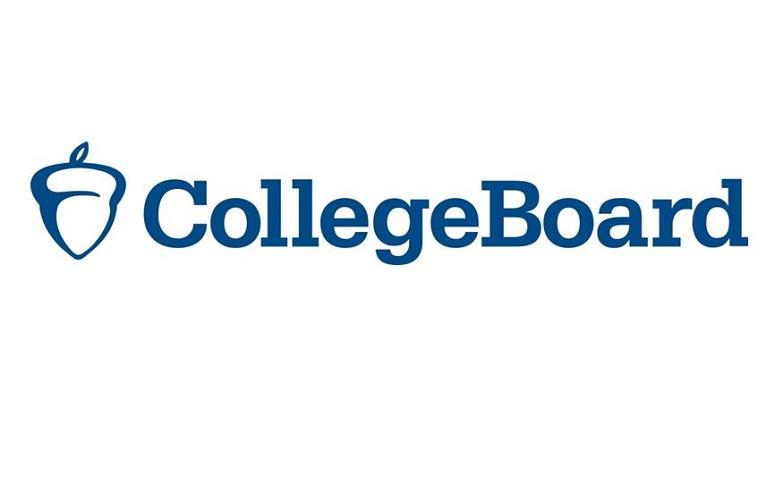Collegeboard: A Monopoly
May 17, 2018
The U.S. has a long history of breaking monopolies. When John D. Rockefeller’s Standard Oil and Andrew Carnegie’s U.S. Steel dominated the oil and steel markets in the 19th and 20th centuries, respectively, they were eventually broken down by anti-monopoly and antitrust measures. Monopolies stifle competition, cause corruption and generally prove detrimental to the health of the industries that they service.
Why, then, is the College Board allowed such strict control over U.S. standardized testing? While some alternatives, such as the International Baccalaureate and ACT examinations exist, by and large, the dominant standardized testing options are the SAT Reasoning Test, SAT subject tests and AP tests, all of which are designed and administered by the College Board.
Not only does the College Board control nearly all the tests that determine a student’s admission to college, but it also has a hand in determining a student’s financial aid through its College Scholarship Service and Financial Aid Profile, which some colleges require for a student to be considered for financial aid. Exerting domineering control over merely one of these avenues to higher education is extremely alarming. After all, previous monopolies in U.S. history have demonstrated their harmful effects. Unfortunately, if the College Board manages all financial aid avenues, is that not a virtual monopoly of the vital standardized tests that aspiring students require?
In addition, the costs of the College Board’s standardized tests range from moderate to absurd. The SAT Reasoning Test costs upward of $50, and many SAT subject and AP tests that students commonly take, cost more than $40 and $90 each, respectively. This cost is largely unavoidable, as more than 95 percent of colleges require the SAT for admission purposes. For a non-profit organization centered on education, the College Board hypocritically demands that students pay exorbitant costs. In 2014, the College Board reported more than $840 million in revenue, which demonstrates that it could easily afford to lower the costs of standardized tests to make them more accessible for low- to moderate-income students.
Another instance of the College Board’s unreasonable costs is the cost associated with sending standardized test scores to colleges. For SAT score reports, $12 is charged per delivery for a test that is already paid for, even after the score is sent electronically. Sending score reports should not have more than a token fee due to the instantaneous nature of the Internet. What other purpose could this have but to separate students from their money?
The students of this nation will be the foundation of the future. However, before they are given the opportunity to pursue education necessary for professional jobs, they must first pay their toll to the greedy College Board ogre guarding its standardized testing bridge. As a student who has run through the College Board’s standardized testing gauntlet myself, I believe that underclassmen should no longer have to face the controlling prices of standardized testing.




























































